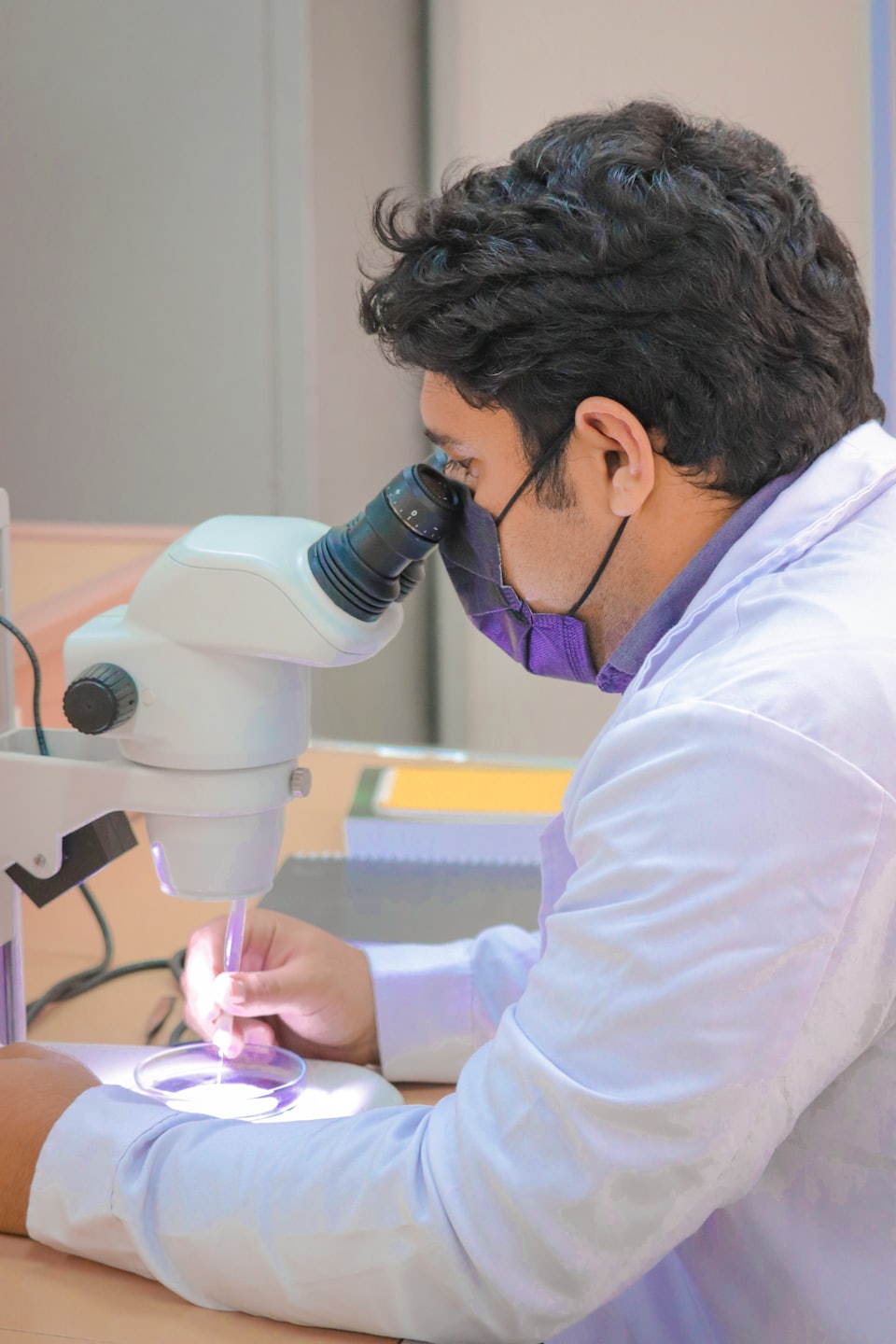Bladder Cancer Care at Southland Urology
Bladder cancer is a type of cancer that begins in the cells of the bladder, an organ responsible for holding urine. It most often starts in the cells that line the inside of the bladder, and it is highly treatable when caught early.

Advanced Surgical Treatments
Our expert surgeons use cutting-edge methods to remove cancer while preserving bladder function.

Personalized Treatment Plans
We tailor your care to your unique diagnosis for optimal health and recovery.

Comprehensive Diagnostics
Accurate testing and evaluation to detect and classify all bladder cancer types.
Understanding Bladder Cancer Care
Learn about our tailored approach to diagnosing and treating bladder cancer with compassionate support every step of the way.
Initial Consultation and Diagnosis
Meet with our board-certified urologists to assess your condition through thorough exams and advanced diagnostic tests.
Personalized Treatment Planning
Work closely with our specialists to develop a treatment strategy that fits your specific type and stage of bladder cancer.
Ongoing Care and Support
Receive expert follow-up care, monitoring, and support to ensure the best possible outcomes throughout your recovery.
Understanding Bladder Cancer
What Are the Different Types of Bladder Cancer?
There are a variety of bladder cancers that an individual may encounter. The primary difference between these multiple types lies in the specific origin of the cancer. For example, bladder cancer that begins within the muscle cells is not the same as cancer that exists within the lining of the bladder.
The most common form of bladder cancer is known as urothelial carcinoma. This cellular mutation can affect not only the lining of the bladder, but also of the interior of the kidney, ureter, and the urethra. Other types of bladder cancer include:
- Squamous cell carcinoma
- Small cell carcinoma
- Sarcoma
What Are the Symptoms of Bladder Cancer?
Unfortunately, the early signs of bladder cancer are not always very clear, which is why you should remain especially vigilant should the following symptoms occur:
- Blood in the urine
- Urinary urgency
- Pain with urination
- Frequent urination
- Pain in the lower back
One of the best ways to catch bladder cancer in its earliest stages, potentially even before patients begin to notice its symptoms, is to complete a regular yearly physical. These standard examinations often require patients to provide a urine sample, which can alert to any abnormalities such as blood in the urine.
How is Bladder Cancer Treated?
Every patient has different needs when it comes to treatment options. Because of the unique nature of each individual patient and their type of bladder cancer, there are different treatment options depending the extend of the disease. However, patients will typically select one or more of the following treatment options:
- Removal of the bladder
- Resection of the bladder cancer
- Chemotherapy
- Radiation therapy
- Immunotherapy
- Intravesical (medication in the bladder) therapy

Schedule Your Consultation Today
Take the first step toward personalized bladder cancer care with our expert team.
